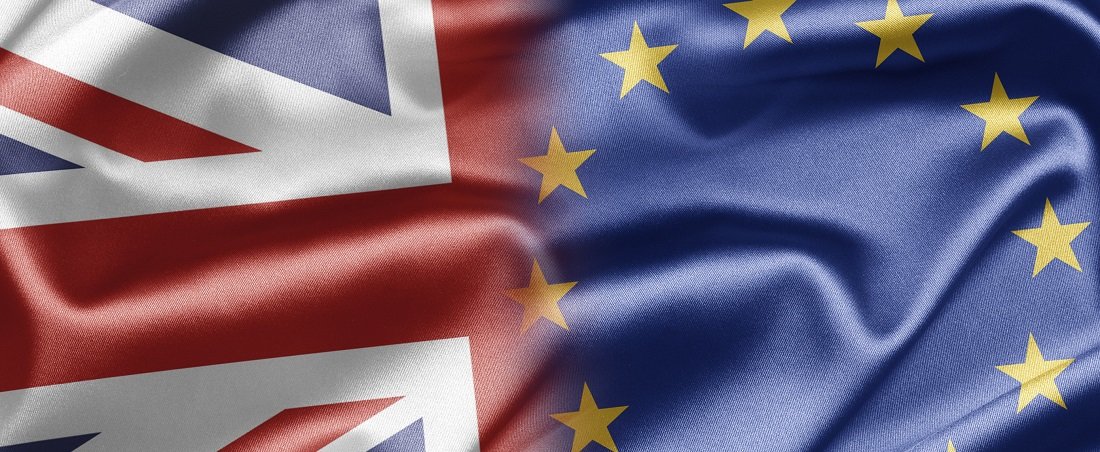If David Cameron had hopes of a December resolution of the British negotiation with our other EU partners, those hopes have faded. Expect no Christmas miracles from this week’s European summit.
In a letter to EU Heads of Government last week, the President of the European Council, Donald Tusk, wrote optimistically about progress on four of the five issues on the British agenda. There was no dissent, he said, on the importance of greater European competitiveness, the completion of significant trade agreements between the EU and third countries (which means, principally, the USA, China and India) and a continued reduction in needlessly burdensome regulation. The track record of the Juncker Commission on these issues is so far a good one.
Nor, Tusk said, was there a problem about acknowledging that “ever closer union among the peoples of Europe” (which Mr Cameron wants to have disapplied to the UK) “allows for various paths of integration for different countries”. In fact, the European Council agreed as much several months ago. The British Government would like this recognition to take binding form but they are unlikely to press for treaty change at this stage since any package could easily unravel once subject to formal ratification in every Member State.
Tusk was also upbeat about “the importance of the role of national parliaments within the Union”, though he did not go so far as to say that the British proposal to change the present ‘yellow card’ into a red one had been accepted.
For me, given the importance of London as the EU’s leading financial centre, the most important British issue is the protection of the single market rights of those countries that remain outside the single currency. On this, Tusk spoke of a set of principles which would safeguard the rights of the ‘outs’ without preventing further integration by the ‘ins’. This could be backed up, he suggested, by a mechanism to turn principles into practical reality. The devil will be in the, so-far undecided, detail.
Not surprisingly, the intractable issue has proved to be David Cameron’s insistence on denying benefits to EU migrants for their first four years of residence in the UK. His other demand, that benefits should not have to be paid to families living in the country of origin of a migrant looks less problematic. However, if we were no longer paying such benefits, we could hardly expect our own citizens to go on getting anything similar from our partner countries.
The British Government seems to believe that, in the present fragile state of the EU, no other Member State will be ready to contemplate the possibility of a breakdown over the issue of benefits. That is probably true of France and Germany and some others. But we are not the only country with difficult internal politics and, for the countries of eastern and central Europe, this issue is one where compromise would carry economic and political penalties. It is hard to see the new, hard-bitten, Polish Government doing Britain many favours and they might even find it convenient to give us a bloody nose.
So, it looks as if there will have to be some compromise, including by Britain, for a deal to be done. Some have speculated about an emergency brake which would allow the British Government to take action in situations where health, housing and other services were at risk of being overwhelmed. But this would require some kind of EU-level approval procedure which would make any assurances to Britain less than bankable.
Equally, I do not believe the British Government would accept a four year derogation from the normal rules: they want something lasting. EU rules in this area require equality: you cannot take action against the citizens of another EU country without taking equivalent action in respect of your own citizens. In which case, there will probably have to be compromise, which may mean some change in British domestic provision, perhaps affecting the rights to benefits of British citizens living elsewhere in the EU who come for the first time to the UK.
EU summits are often measured in shirts: a ‘three shirt summit’ being one that goes on for three days (and nights) and proves to the world, and to the home audiences, that each country’s Minister fought long and hard to get the best possible deal. As indeed most do. This issue is not yet ripe for resolution. I doubt if this week’s discussion will be especially heated, though some of our partners will talk tough and David Cameron may find it convenient to present the debate as difficult and himself as suitably robust. There will be another summit in February and the British are determined that that meeting will settle the issue. Mr Cameron remains determined to hold a referendum as soon as he can in 2016.

